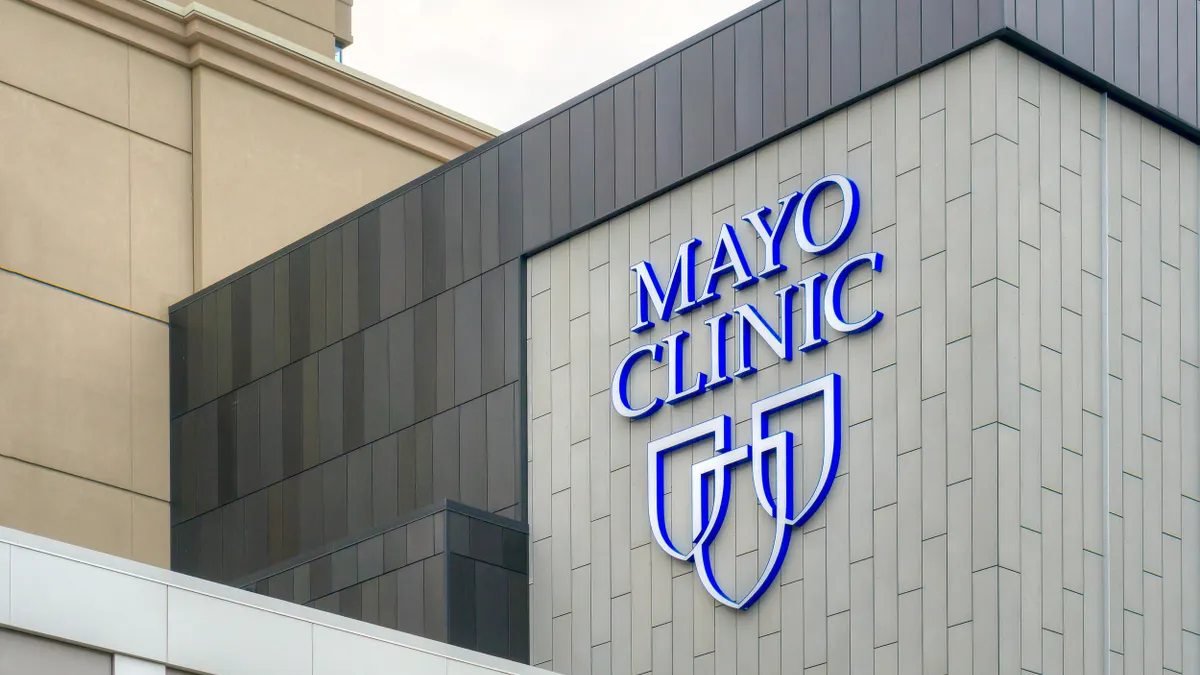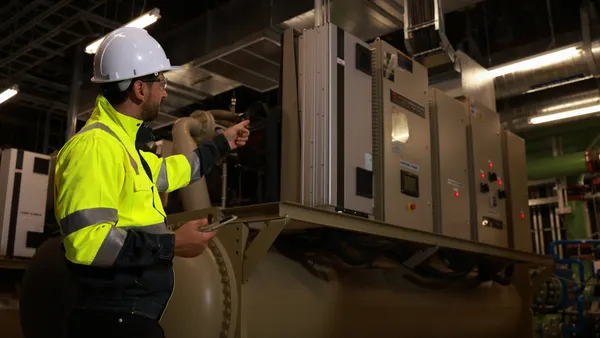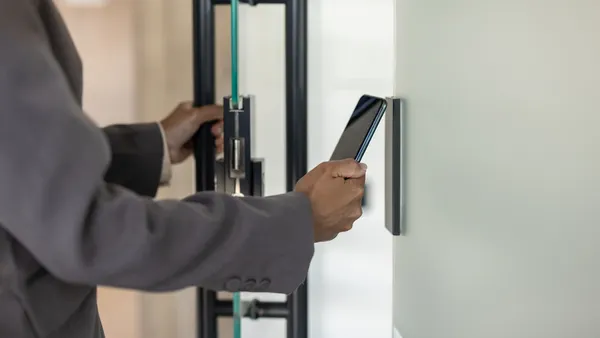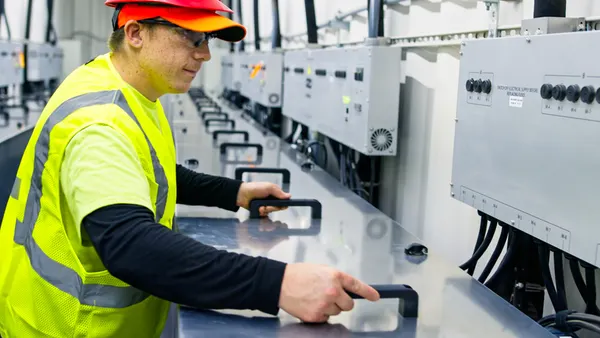The Mayo Clinic has selected Metalmark Innovations, an air filtration technology firm, to serve as a partner in a project awarded by the federal government’s Advanced Research Projects Agency for Health’s BREATHE program.
The $40 million project brings together Mayo, Metalmark, Siemens and academic collaborators in a five-year effort to enhance indoor air quality monitoring capabilities and develop systems that can forecast and mitigate airborne pathogen threats, the organizations announced.
The project will begin with the development of biosensors to monitor emergency room air for aerosols that contain viruses, bacteria, mold and allergens, Metalmark said.
“A really important element of being able to understand how to optimize buildings for healthy indoor air is to be able to quantify viruses, bacterias and molds in the built environment,” Jessica Green, program manager for ARPA-H, said when announcing the research teams that would receive awards for the Building Resilient Environments for Air and Total Health, or BREATHE, program in September. “We should be able to sense dozens of different biological targets, and then in real time, we should have software that tells what the risk of being exposed to a certain load of influenza, as an example, or an asthma trigger.”
Once this quantification occurs, buildings should be able to respond to that in a way “that’s very similar to the way that thermostats work today for human comfort,” Green said at the International WELL Building Institute’s National Policy Summit on Sept. 29.
Biosensor development
Through the collaboration, Metalmark will lead the implementation of biosensors and mitigation solutions across Mayo Clinic campuses in Florida, Arizona and Minnesota. The company will demonstrate the efficacy, cost-effectiveness and energy efficiency of the approach, which aims to protect the health of healthcare staff and patients, Metalmark said.
"Our expertise in IAQ technology positions us perfectly to implement field trials of innovative solutions that will ultimately protect the health of healthcare workers and patients alike,” Metalmark Innovations co-founder and CEO Sissi Liu said in a statement.
Mayo Clinic will be in charge of the design, prototyping and piloting of the high-specificity air-based biosensors to detect pathogens, while Siemens will lead the development of respiratory risk assessment software. The software will process data from the biosensors, conduct disease transmission risk assessments and initiate risk mitigation strategies, according to the announcement.
“Equally important to tech innovation is really having the right innovators at the table so that these systems will be piloted and then deployed in real-world facilities,” Green said. She noted that the program will help facilitate this through about four years of capturing human health outcome data.
“The performers or innovators get to choose what respiratory illness they’re going to be focused on,” Green said. “And then they need to track those outcomes, along with capturing information about building operations, capital expenditures for using any of these types of systems, so that by the end of the program, we can have each one of these teams, whether they’re working in daycare facilities, schools or hospitals, quantify the return on investment for these systems.”
















